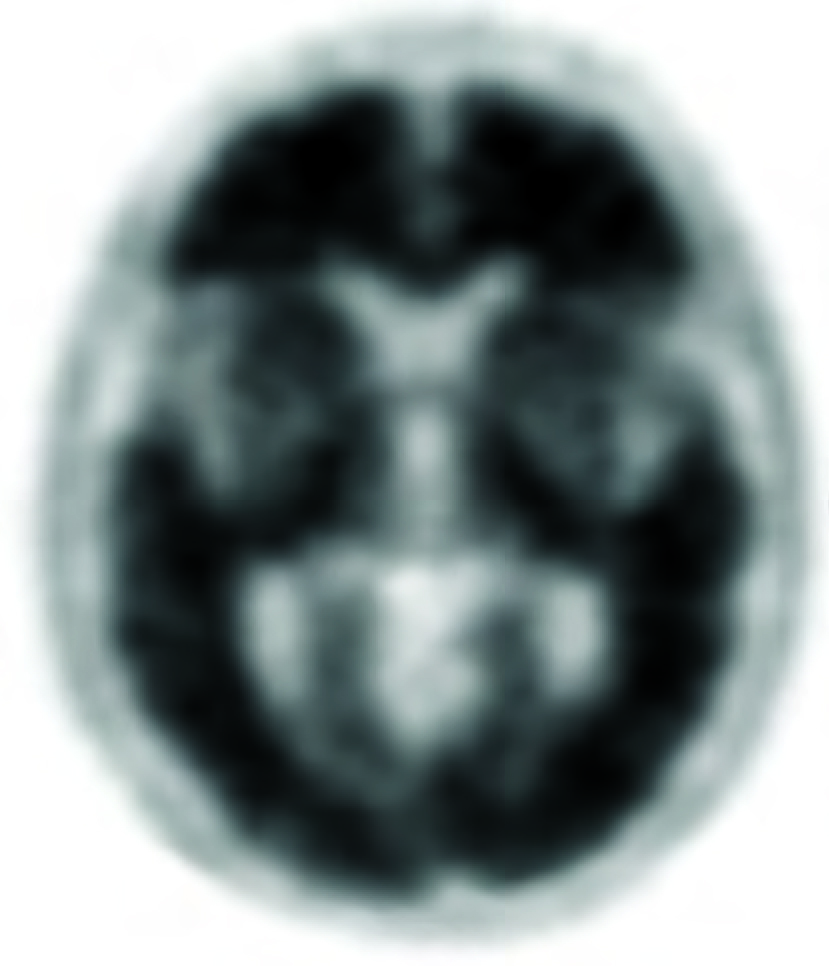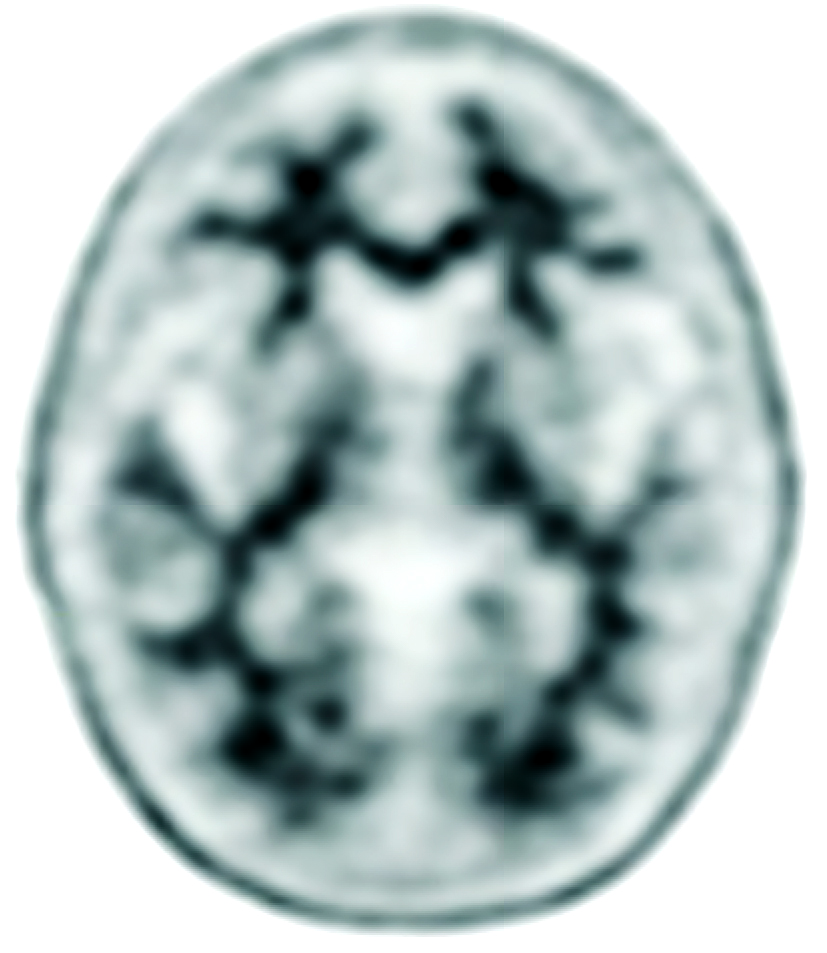Lilly Support Services for Amyvid® can help you navigate the process to get an Amyvid scan.
What to expect in the Amyvid® Scan Process
Preparing for your Amyvid appointment is easy with these helpful tips!
BEFORE THE PROCEDURE
- Make sure you’re hydrated and drink plenty of water 2 hours before your appointment
- Bring a comfy pair of socks for the PET scan—it can be cold in there!
- Arrive 15 to 30 minutes early just in case you need to fill out some paperwork
- The duration of the exam can vary, but plan to be at the scanning center for about 2 hours
- If you are accompanied by a loved one, they may be required to stay in the waiting room during the scanning process

At the scanning center, a nurse or technologist will inject Amyvid into one of your veins

You will then need to wait approximately 30 to 50 minutes for Amyvid to highlight any plaques that may be in your brain

You will then receive a 10-minute PET scan
AFTER THE PROCEDURE
- Be sure to schedule a follow-up appointment with your doctor to go over your results together
- Drink plenty of water and relax!


Have questions about Amyvid?
Call Lilly Support Services at 1-800-LillyRx (1-800-545-5979) to get answers
WHETHER THE SCAN IS POSITIVE OR NEGATIVE, IT CAN GIVE YOU A PICTURE OF YOUR CONDITION
An Amyvid PET scan is an imaging test that, when used in combination with other tests, can help your doctor make a more informed diagnosis and help you understand why you are experiencing memory and thinking issues.
POSITIVE SCAN

If the Amyvid scan is positive, it could help your doctor determine if you may have Alzheimer’s disease (AD).
NEGATIVE SCAN

If the Amyvid scan is negative, it’s a sign that your symptoms probably aren’t caused by AD.
Amyvid images should be interpreted only by doctors who have completed a special training program.
- The amount of amyloid plaque shown in the positive image is present in people with AD, but may also be present in people with other types of conditions affecting the brain as well as older people without those conditions
- The presence of amyloid plaques alone does not establish a diagnosis of AD or other brain disorder
What happens after I receive my results?
SEE WHAT'S NEXTAD=Alzheimer's disease; PET=positron emission tomography.
SELECT SAFETY INFORMATION
Risk for Misreading Scans and Other Errors
Errors may happen when Amyvid scan images are read. In clinical studies, a scan read as negative, when it was actually positive, accounted for most of these errors. An Amyvid scan only indicates whether beta-amyloid plaques, which are a buildup of proteins in the brain, are present at the time of the scan. Even if the scan is negative, it is possible to develop plaques in the future.